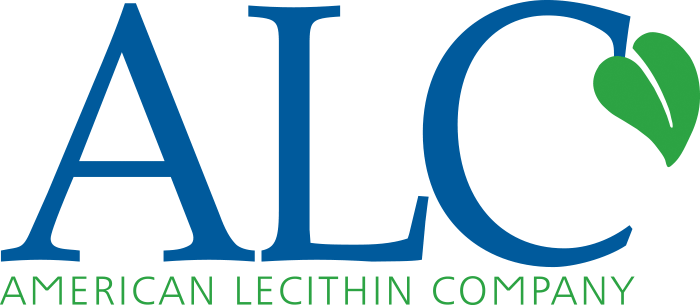About Lecithins
Lecithins are unique emulsifiers with wide-ranging uses in food, nutrition, industrial processes, personal care products and pharmaceuticals.
They also have nutritional value of their own, and hypo-allergenic or non-GMO grades are especially useful in food and nutrition applications.
The term “lecithin” describes a complex mixture of phospholipids and other naturally occurring components.* These include triglycerides, fatty acids, sterols and glycolipids.
For industrial production of lecithins today, vegetable oils from soybean, rapeseed (canola), sunflower and egg are the most important natural sources.
Different types of lecithin are characterized by the content of acetone insolubles, with phospholipids as the value-providing components. The phospholipid composition determines the functionality of lecithin in different applications. Different affinities for oil and water and low production costs make lecithins invaluable in a broad range of manufacturing processes.
Unless otherwise indicated, chemical characteristics, product attributes, classifications and labeling criteria on this website refer to soy-based products. For more information about canola, sunflower and egg lecithins, contact us at 203.262.7100.
* We recommend that your company make its own determination regarding the designation “natural” on product labels. The following information can help. “Natural” has not been defined in FDA regulations. But the FDA position regarding “natural” claims is available in FDA – 58 Federal Register 2407.
How Lecithins Work
Lecithins are used mainly as emulsifiers. They are surface active: simultaneously hydrophilic (water-loving) and hydrophobic (water-repelling).
This unique quality enables them to make stable blends of materials that otherwise do not mix easily and tend to separate.
Emulsions are produced by dispersing normally unmixable material into another by mixing, colloidal milling or homogenization. The surface-active properties of lecithins reduce mixing time and maintain the stability of the dispersion. The amount of lecithin needed to blend substances depends on the overall fat content in the end product.

This domain (www.AmericanLecithin.US) is the only LEGAL domain for American Lecithin Company

115 Hurley Road, Unit 2B
Oxford, CT 06478
Phone: 203.262.7100
Fax: 203.262.7101
Toll-Free: 1.800.364.4416
e-mail: Info@AmericanLecithin.us
This domain (www.AmericanLecithin.US) is the only LEGAL domain for American Lecithin Company